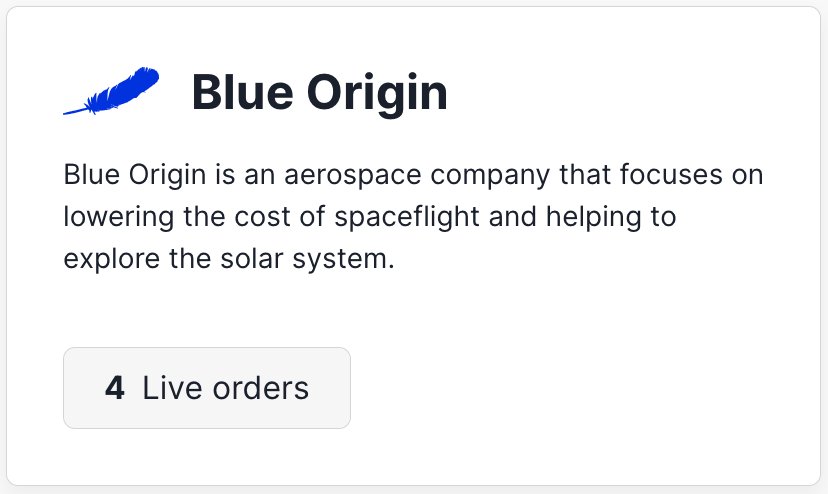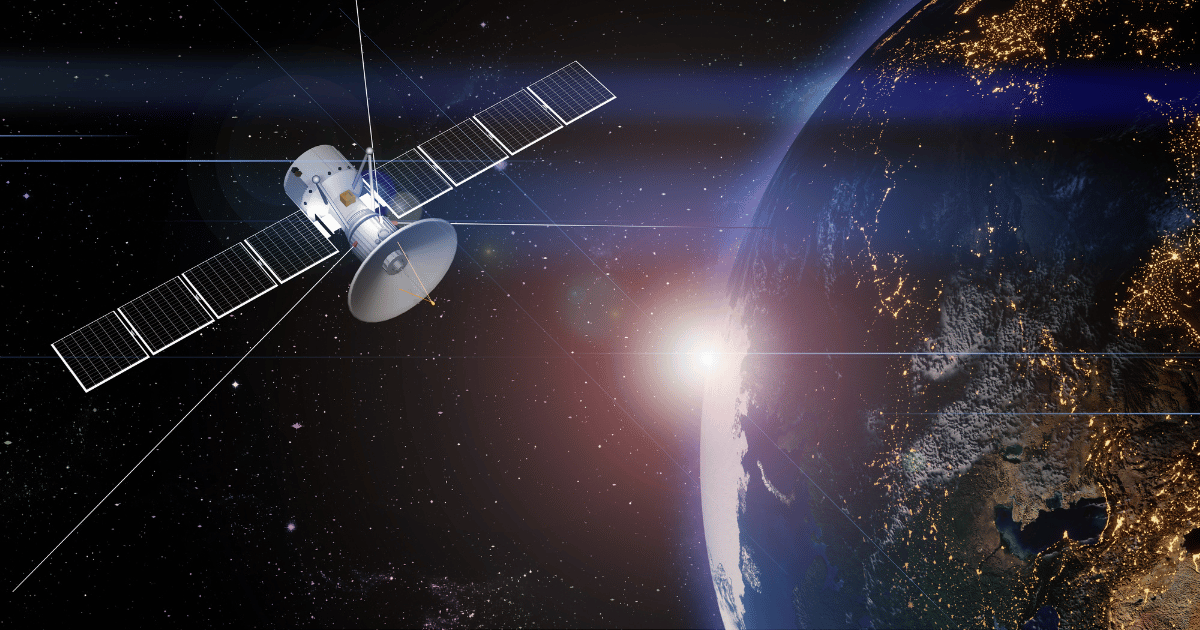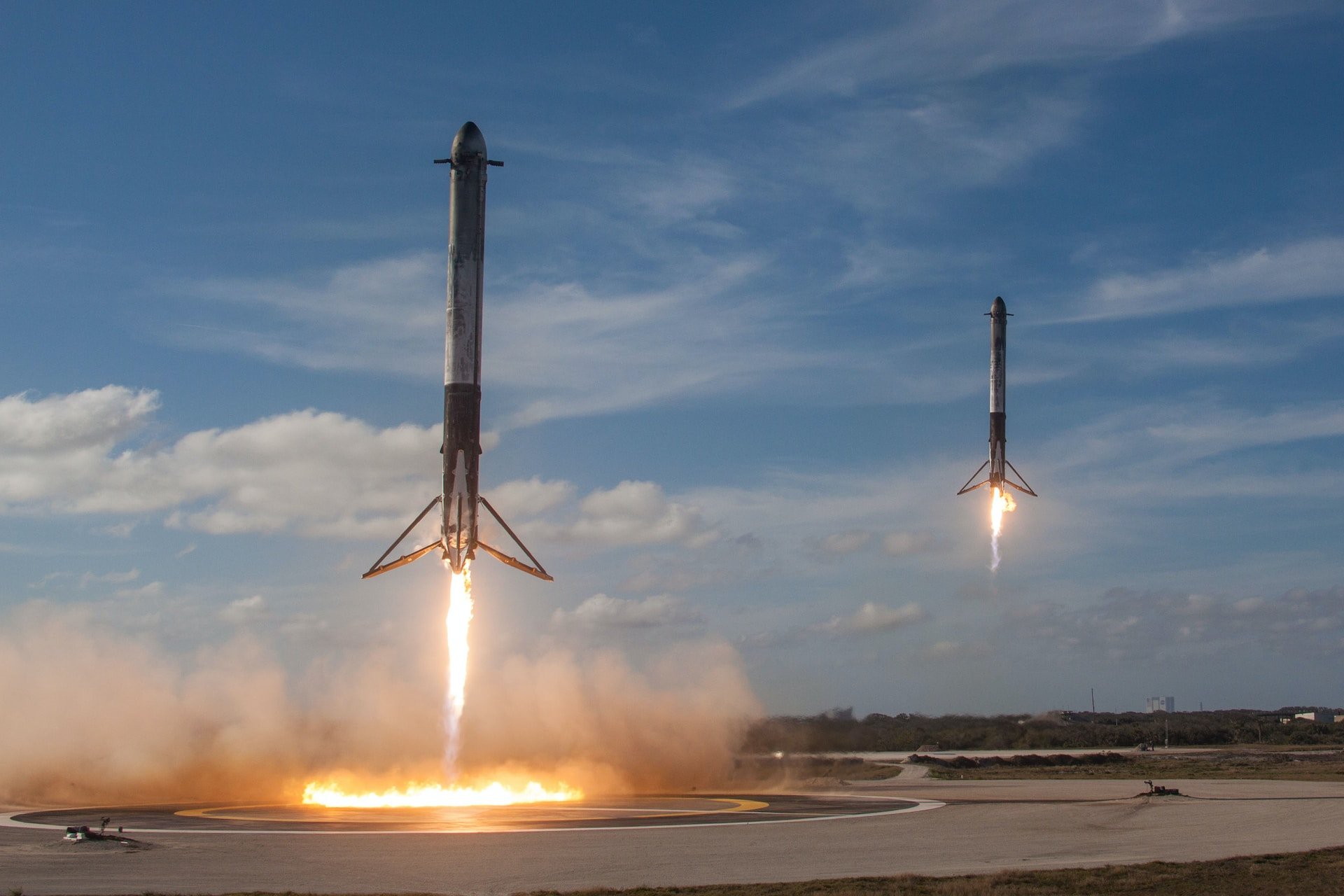Can You Buy Blue Origin Stock in 2026?

Elon Musk isn't the only billionaire racing to build the future in space.
In 2000, Jeff Bezos founded Blue Origin with the goal of "enabling a future where millions of people are living and working in space for the benefit of Earth and its inhabitants.”
More than two decades later, that vision is starting to take shape.
The company has completed 38 suborbital flights with its New Shepard rocket, successfully launched its heavy-lift New Glenn vehicle into orbit, and secured at least $5.8 billion in government contracts.
Bezos, Blue Origin's sole backer, has invested at least $10 billion in Blue Origin, and believes it might one day be bigger than $2.1-trillion Amazon. If he's right, the payoff for early investors would be enormous.
And while Blue Origin remains a private company, there is a way to buy its stock — if you qualify.
Can you buy Blue Origin from your brokerage?
Blue Origin is a private company, which means it isn't listed on a public exchange. There's no Blue Origin ticker symbol, and you won't find it in your regular brokerage account.
The company has been funded almost entirely by Bezos, who has pledged to sell $1 billion of Amazon stock per year “for a long time” to keep financing Blue Origin until it becomes self-sustaining.
In addition to Bezos' backing, Blue Origin has secured billions in government business, including a $3.4 billion contract from NASA and a $2.38 billion contract from the U.S. Department of Defense.
With an estimated net worth of around $210 billion, Bezos has little financial pressure to take the company public on anyone else's timeline.
But while retail investors won't be able to invest in it until he takes it public, there is a way for accredited investors to buy its shares today.
Can you invest before the IPO?
Blue Origin can be purchased on Hiive, a secondary marketplace where accredited investors can buy shares of private, VC-backed companies.
Accreditation requirements
To qualify as an accredited investor, you must meet one of the following criteria:
- Have an annual income of $200,000 individually or $300,000 jointly.
- Have a net worth that exceeds $1,000,000, excluding your main residence.
- Be a qualifying financial professional.
There are currently 4 live orders of Blue Origin stock available on Hiive:
Listings on Hiive are created by existing shareholders who may be employees, venture capital firms, or angel investors.
After a listing is live, buyers can either accept the asking price as listed or place a bid and negotiate directly with sellers.
You can register for Hiive and see the share price of Blue Origin stock and all recent transactions by registering with the button below:
Elon Musk's SpaceX is one of the most actively traded companies on Hiive.
Other ways to gain exposure
If you're not an accredited investor, there are still ways to get exposure to Blue Origin and the broader commercial space industry.
1. Invest in Blue Origin's competitors
You may not be able to buy Blue Origin stock, but several of its competitors and partners are publicly traded.
Here are a few worth considering:
-
Boeing (BA): Best known for its commercial airplanes, Boeing also generates significant revenue from defense, space, and security. Its Defense, Space & Security segment builds satellites, missile defense systems, and launch vehicles. Boeing is also deeply involved in NASA's Artemis program and other human spaceflight initiatives.
- Lockheed Martin (LMT): Lockheed Martin is one of the largest defense contractors in the world and a major player in space systems, including satellites, missile defense, and deep-space exploration hardware. It has secured substantial space-related contracts in recent years, particularly through U.S. Space Force and NASA programs.
-
Northrop Grumman (NOC): Northrop Grumman's Space Systems segment designs and manufactures satellites, propulsion systems, and strategic missile systems. It has been a key contractor on NASA missions and national security space programs.
- Virgin Galactic (SPCE): Founded by Richard Branson, Virgin Galactic focuses on suborbital space tourism and research flights. While smaller and more speculative, it offers more direct exposure to commercial human spaceflight.
Boeing and Lockheed Martin also have a joint venture known as United Launch Alliance (ULA).
ULA provides launch services to the U.S. government and has won major contracts in recent years, including national security launch missions from the U.S. Space Force.
Its Vulcan Centaur rocket is designed to compete with SpaceX and Blue Origin and has secured multibillion-dollar launch awards for critical defense and intelligence payloads.
Similarly, the Blue Origin National Team is a group of companies collaborating with NASA on a mission to return to the moon. Blue Origin, Lockheed Martin, and Boeing are the key players on this team.
While none of these stocks perfectly replicate owning Blue Origin, they offer public market exposure to the same long-term themes of reusable rockets, government space contracts, and the commercialization of space.
2. Invest in space exploration ETFs
If you can't decide which of the above companies to invest in or are seeking broad diversification into space exploration stocks, consider one of the following ETFs:
- SPDR S&P Kensho Final Frontiers ETF (ROKT)
- iShares U.S. Aerospace & Defense ETF (ITA)
- Procure Space ETF (UFO)
- ARK Space Exploration & Innovation ETF (ARKX)
While these ETFs invest in a lot of the same companies, each fund has its own objectives and acceptable risk profiles, so be sure to do your research to find which is best suited for your portfolio.
3. Invest in Amazon
While Amazon (AMZN) doesn't have any ownership interest in Blue Origin, the two companies do overlap on a handful of projects.
In 2022, Amazon announced a partnership with Blue Origin to support the development of Orbital Reef, a commercial space station.
Blue Origin is providing the rockets, while Amazon is providing the services and technology to support development, networking, and operations, as well as contributing its expertise in logistics.
Amazon is also using Blue Origin rockets for Amazon Leo, its internet-from-space venture.
Amazon Leo (formerly known as Project Kuiper) is the most serious competitor to Starlink, which was on pace to generate roughly $12 billion in revenue in 2025.
If successful, these projects could drive new revenue for Amazon.
Who owns Blue Origin?
Blue Origin is entirely owned and primarily funded by Jeff Bezos.
Bezos estimated in late 2023 that he's invested somewhere between $10 billion and $20 billion, and has committed to selling at least $1 billion of Amazon stock per year to continue its funding.
In addition to Bezos, employees likely also own some portion of the company via stock options, though the exact amount has not been publicly disclosed.
Does Amazon own Blue Origin?
Unlike the vast majority of ventures started by Bezos, Blue Origin is not an Amazon subsidiary.
Bezos stepped down as Amazon's CEO in 2021 to focus on new ventures. He's had a strong affinity for space since childhood, so it's not surprising that he's devoting the bulk of his attention and a considerable amount of money to Blue Origin.
How to buy the Blue Origin IPO
Blue Origin has not made any indication of an initial public offering in the future.
The company has a handful of government contracts — most recently a $2.38 billion DoD contract — and has received funding from Bezos, NASA, and the U.S. Space Force.
Given how deep-pocketed these entities are, there's a good chance Blue Origin will not become publicly available until it's consistently profitable (and Bezos decides to take it public).
If Blue Origin does go public, you'll be able to look up its stock symbol and buy it in your brokerage account. If you don't have a brokerage account, we recommend Public.
Blue Origin valuation
Since the company is private and has primarily been invested in by Jeff Bezos himself, there is no information regarding Blue Origin's valuation.
Furthermore, the company has never released any financial information, so it's hard to speculate on its valuation.
For comparison's sake, SpaceX was most recently valued at $800 billion in a secondary share sale in December 2025.
However, SpaceX was responsible for delivering 90% of the world's payload mass to orbit in 2025, far outstripping Blue Origin, which made its first major orbital payload in November.
SpaceX also has Starlink, which generated nearly $12 billion in revenue in 2025 and, according to Musk, was responsible for half of SpaceX's valuation in 2023.
While it's still trailing SpaceX by a wide margin, Blue Origin has been catching up.
Based on the frequency of its recent flights and the size of government contracts it's winning, I estimate Blue Origin may be valued somewhere between $50–$100 billion.
Any views expressed here do not necessarily reflect the views of Hiive Markets Limited ("Hiive") or any of its affiliates. Stock Analysis is not a broker-dealer or investment adviser. This communication is for informational purposes only and is not a recommendation, solicitation, or research report relating to any investment strategy, security, or digital asset. All investments involve risk, including the potential loss of principal, and past performance does not guarantee future results. Additionally, there is no guarantee that any statements or opinions provided herein will prove to be correct. Stock Analysis may be compensated for user activity resulting from readers clicking on Hiive affiliate links. Hiive is a registered broker-dealer and a member of FINRA / SIPC. Find Hiive on BrokerCheck.







